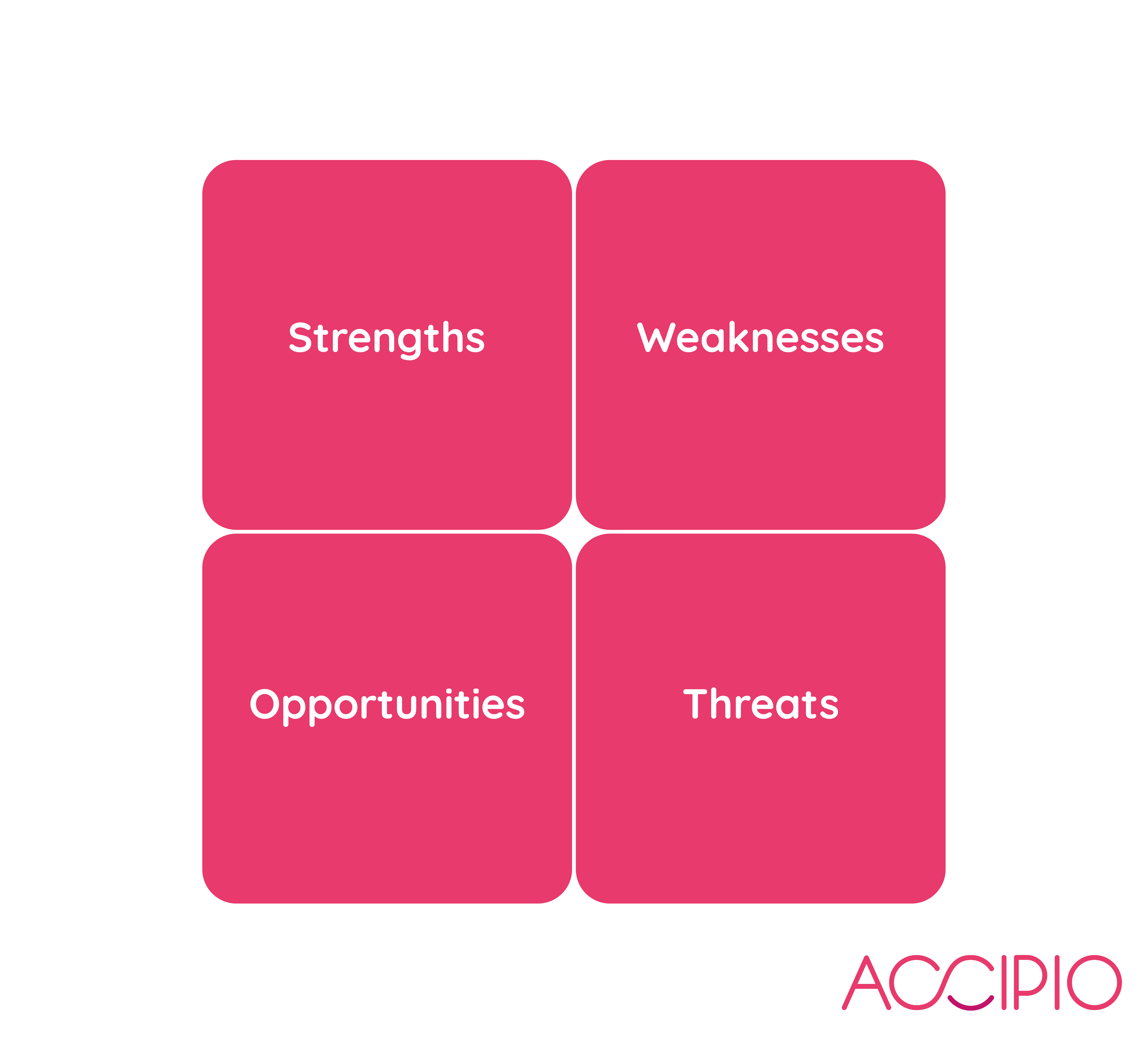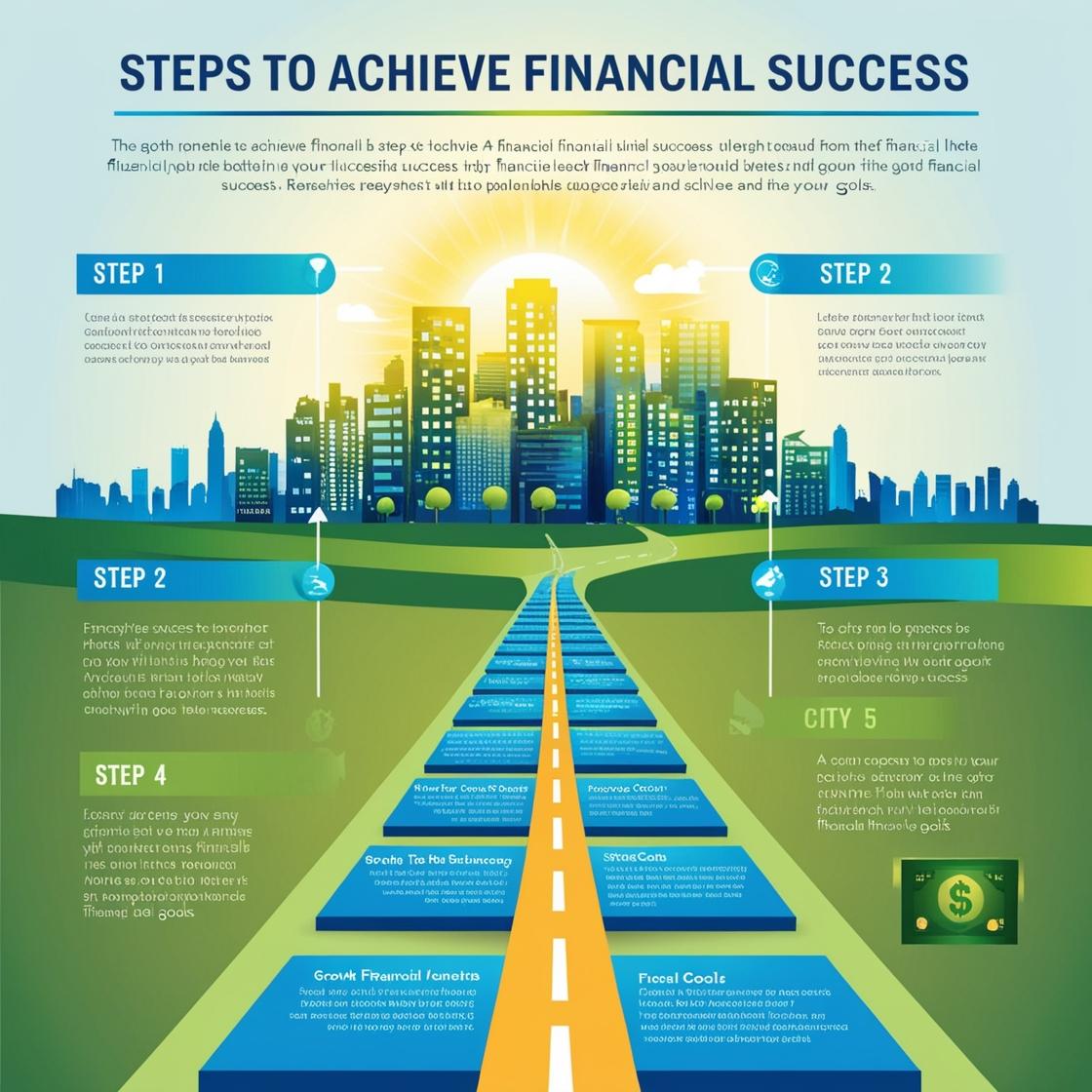
Practical Strategies for Identifying and Leveraging Your Strengths and Skills to Improve Your Financial Wellness
Financial wellness is not just about budgeting and saving; it also involves recognizing and utilizing your unique strengths and skills to create additional income streams and enhance your financial stability. Here are some practical strategies to help you identify and leverage your strengths and skills for better financial health.
1. Self-Assessment and Reflection
Begin by taking a close look at yourself. What are your natural talents and acquired skills? Reflect on your past experiences, both personal and professional, to identify the activities you excelled in and enjoyed. Ask yourself questions like:
– What tasks do I find easy that others find challenging?
– What activities make me lose track of time because I enjoy them so much?
– What have people often complimented me on or sought my help with?
2. Seek Feedback from Others
Sometimes, others can see our strengths more clearly than we can. Ask friends, family, colleagues, or mentors for their insights into your strengths and skills. Their feedback can provide valuable perspectives and help you recognize strengths you might have overlooked.
3. Take Strengths and Personality Assessments
There are several reputable assessments available that can help you identify your strengths and skills. Tools like the CliftonStrengths (formerly StrengthsFinder), Myers-Briggs Type Indicator (MBTI), and the VIA Character Strengths Survey can provide detailed insights into your unique abilities and how you can best utilize them.
4. Identify Marketable Skills
Once you have a clear understanding of your strengths, determine which of these are marketable and in demand. Research the current job market and industry trends to find out which skills are highly sought after. This could include technical skills, soft skills, or even niche expertise that can be monetized.
5. Develop and Enhance Your Skills
If you identify any gaps in your skills or areas that need improvement, invest in further education and training. There are numerous online courses, workshops, and certifications available that can help you enhance your skills and make them more marketable. Platforms like Coursera, Udemy, and LinkedIn Learning offer a wide range of courses to choose from.
6. Create a Personal Brand
Building a strong personal brand can help you leverage your strengths and skills more effectively. Develop a professional online presence through platforms like LinkedIn, create a personal website or blog, and engage in networking opportunities both online and offline. Share your expertise by writing articles, giving talks, or participating in industry forums to establish yourself as an authority in your field.
7. Monetize Your Skills
Consider various ways to monetize your strengths and skills. This could include:
– Freelancing: Offer your services on platforms like Upwork, Fiverr, or Freelancer.
– Consulting: Provide expert advice to businesses or individuals in your area of expertise.
– Teaching and Coaching: Share your knowledge through teaching or coaching, either online or in person.
– Creating and Selling Products: Develop products related to your skills, such as e-books, courses, or handmade items, and sell them on platforms like Etsy, Amazon, or your own website.
8. Network and Collaborate
Building relationships with others in your industry can open up new opportunities for leveraging your strengths and skills. Attend industry events, join professional organizations, and connect with peers and mentors who can provide support, advice, and potential collaboration opportunities.
9. Continuously Evaluate and Adapt
The journey to financial wellness is ongoing, and it’s essential to continuously evaluate and adapt your strategies. Regularly assess your strengths and skills, stay updated with industry trends, and be open to learning and growth. Adapt your approach as needed to ensure you are maximizing your potential and achieving your financial goals.
Conclusion
By identifying and leveraging your strengths and skills, you can create additional income streams, advance your career, and achieve greater financial wellness. The key is to understand what you excel at, continuously develop your abilities, and find ways to monetize and market your unique talents. With dedication and strategic planning, you can enhance your financial stability and build a prosperous future.
Financial wellness is not just about budgeting and saving; it also involves recognizing and utilizing your unique strengths and skills to create additional income streams and enhance your financial stability. Here are some practical strategies to help you identify and leverage your strengths and skills for better financial health.
1. Self-Assessment and Reflection
Begin by taking a close look at yourself. What are your natural talents and acquired skills? Reflect on your past experiences, both personal and professional, to identify the activities you excelled in and enjoyed. Ask yourself questions like:
– What tasks do I find easy that others find challenging?
– What activities make me lose track of time because I enjoy them so much?
– What have people often complimented me on or sought my help with?
2. Seek Feedback from Others
Sometimes, others can see our strengths more clearly than we can. Ask friends, family, colleagues, or mentors for their insights into your strengths and skills. Their feedback can provide valuable perspectives and help you recognize strengths you might have overlooked.
3. Take Strengths and Personality Assessments
There are several reputable assessments available that can help you identify your strengths and skills. Tools like the CliftonStrengths (formerly StrengthsFinder), Myers-Briggs Type Indicator (MBTI), and the VIA Character Strengths Survey can provide detailed insights into your unique abilities and how you can best utilize them.
4. Identify Marketable Skills
Once you have a clear understanding of your strengths, determine which of these are marketable and in demand. Research the current job market and industry trends to find out which skills are highly sought after. This could include technical skills, soft skills, or even niche expertise that can be monetized.
5. Develop and Enhance Your Skills
If you identify any gaps in your skills or areas that need improvement, invest in further education and training. There are numerous online courses, workshops, and certifications available that can help you enhance your skills and make them more marketable. Platforms like Coursera, Udemy, and LinkedIn Learning offer a wide range of courses to choose from.
6. Create a Personal Brand
Building a strong personal brand can help you leverage your strengths and skills more effectively. Develop a professional online presence through platforms like LinkedIn, create a personal website or blog, and engage in networking opportunities both online and offline. Share your expertise by writing articles, giving talks, or participating in industry forums to establish yourself as an authority in your field.
7. Monetize Your Skills
Consider various ways to monetize your strengths and skills. This could include:
– Freelancing: Offer your services on platforms like Upwork, Fiverr, or Freelancer.
– Consulting: Provide expert advice to businesses or individuals in your area of expertise.
– Teaching and Coaching: Share your knowledge through teaching or coaching, either online or in person.
– Creating and Selling Products: Develop products related to your skills, such as e-books, courses, or handmade items, and sell them on platforms like Etsy, Amazon, or your own website.
8. Network and Collaborate
Building relationships with others in your industry can open up new opportunities for leveraging your strengths and skills. Attend industry events, join professional organizations, and connect with peers and mentors who can provide support, advice, and potential collaboration opportunities.
9. Continuously Evaluate and Adapt
The journey to financial wellness is ongoing, and it’s essential to continuously evaluate and adapt your strategies. Regularly assess your strengths and skills, stay updated with industry trends, and be open to learning and growth. Adapt your approach as needed to ensure you are maximizing your potential and achieving your financial goals.
Conclusion
By identifying and leveraging your strengths and skills, you can create additional income streams, advance your career, and achieve greater financial wellness. The key is to understand what you excel at, continuously develop your abilities, and find ways to monetize and market your unique talents. With dedication and strategic planning, you can enhance your financial stability and build a prosperous future.




